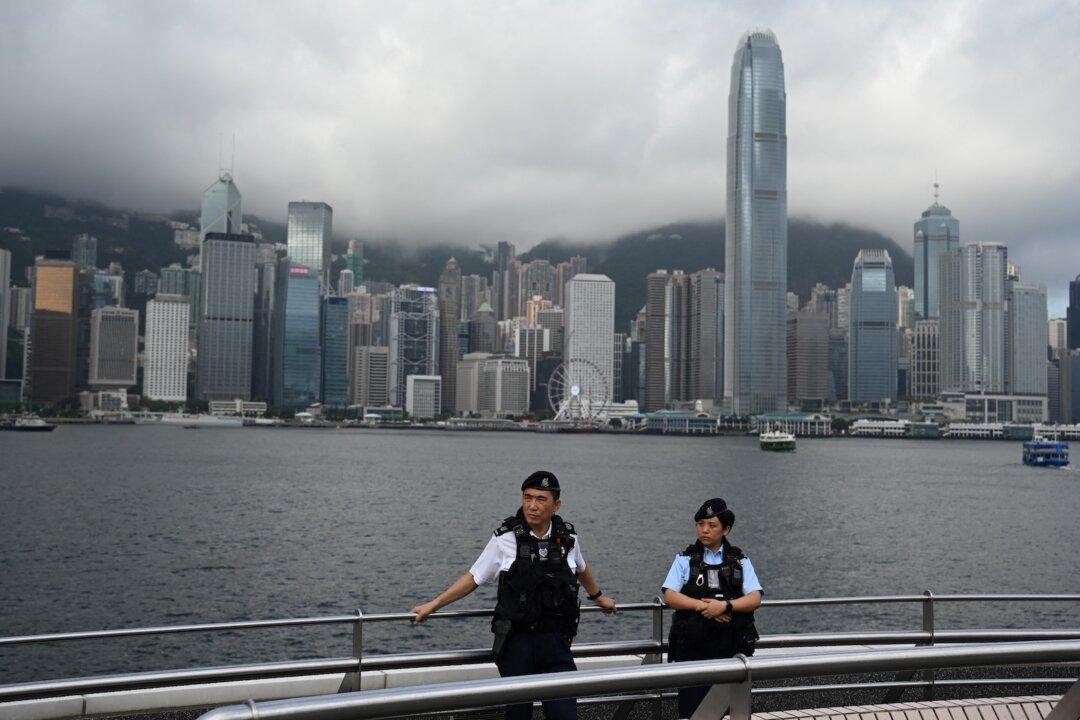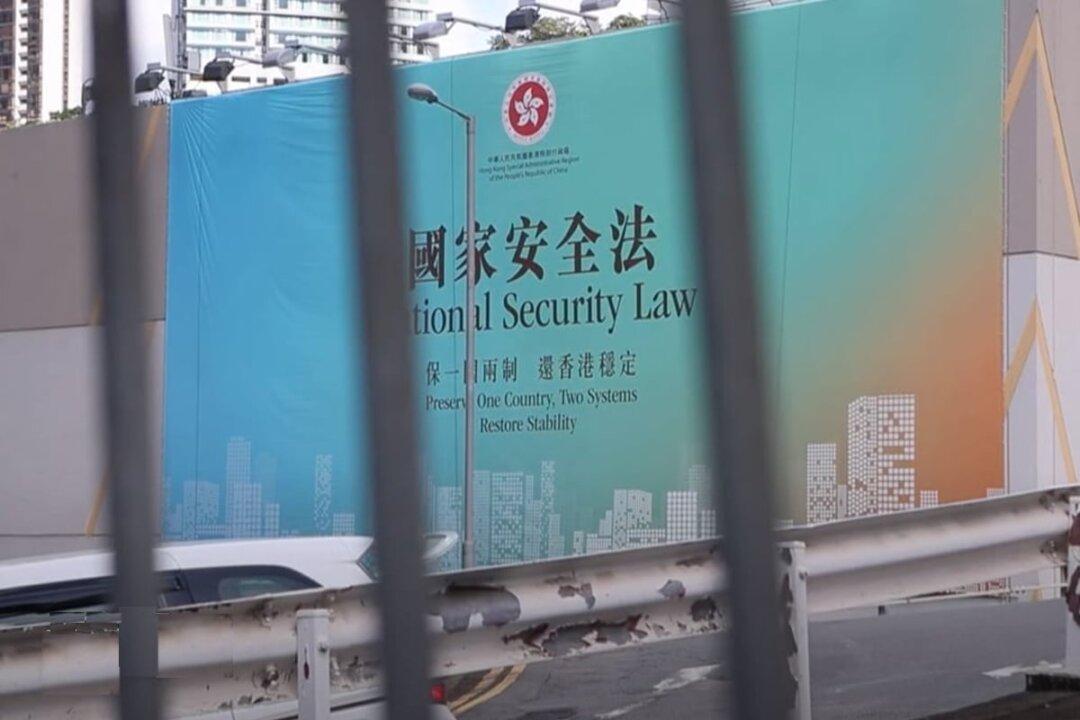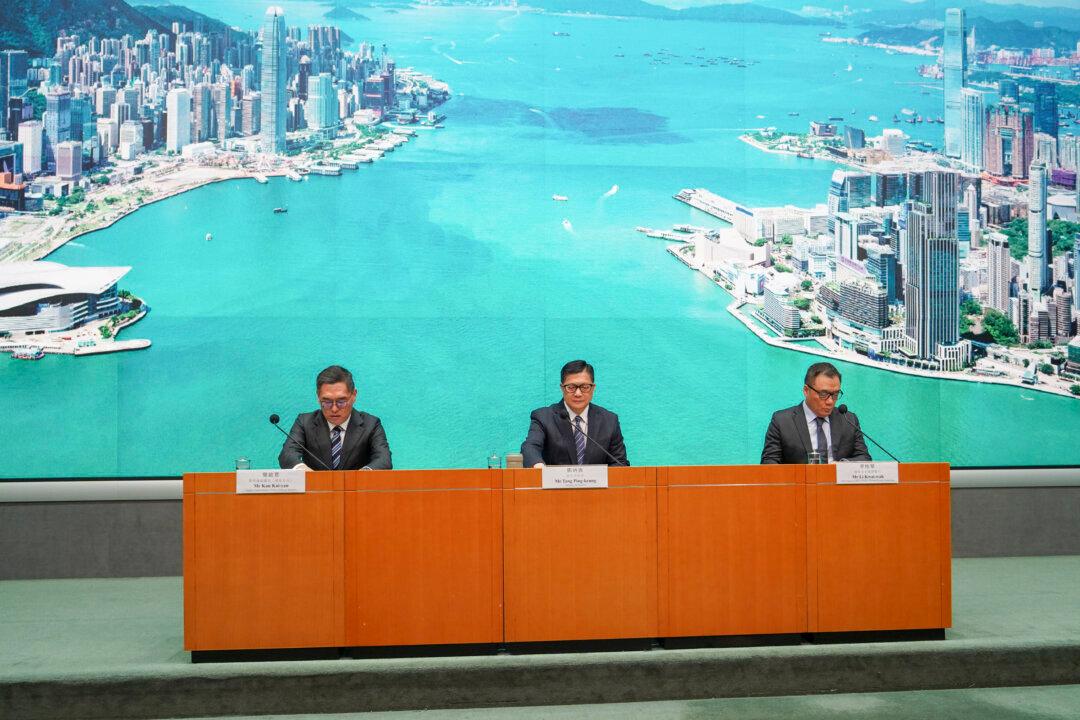Hongkong Post has announced the suspension of certain parcel services to the United States in response to the U.S. government’s decision to eliminate the “de minimis” exemption for low-value imports from Hong Kong and China. The change, which will take effect on May 2, will significantly increase shipping costs for international parcels.
Under the previous arrangement, goods valued under $800 could be imported into the United States without incurring customs duties. This exemption was widely used by small businesses and individuals to send low-value goods across borders at lower costs. However, under the new policy, all such shipments will be subject to the new tariffs.



